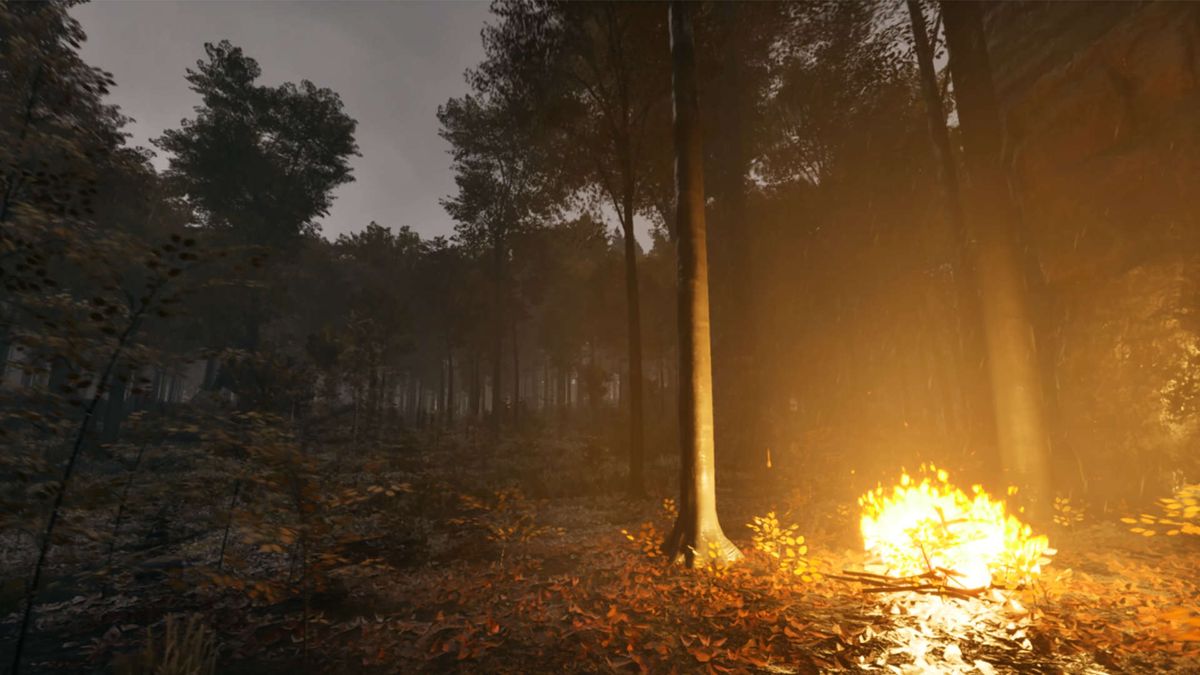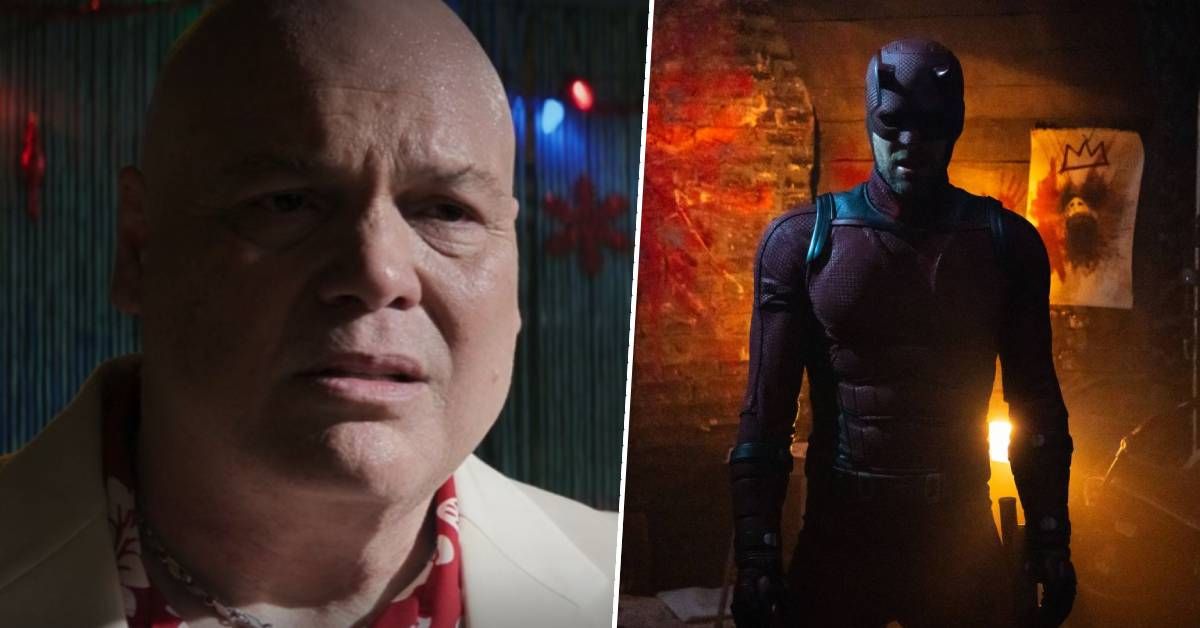
I’m not sure when I stopped buying physical music. Read this article for free: Already have an account? To continue reading, please subscribe: * I’m not sure when I stopped buying physical music. Read unlimited articles for free today: Already have an account? Opinion I’m not sure when I stopped buying physical music.
It wasn’t a conscious decision, just one of those slow declines in behaviour that one day you’re like, “Huh, I don’t really do that anymore.” I used to love buying a CD, even if, as was often the case when I was a teenager, I was buying it for one song. I loved the ceremony of it: tearing off the cellophane, poring over the cover art, being mildly impressed if it was a gatefold.

Loading it up into my bright-red Sony Discman. Raiding the TV remote for AAs when my listening sessions went too long. Then came digital files and burned CDs and iTunes and now Spotify, which is now where I do the bulk of my listening (and feel bad about it!).
I also do the bulk of my watching via streaming platforms — despite the fact that my husband and I have amassed a huge collection of physical media between us. We’ve got hundreds of CDs. Vinyl.
Name a TV series or movie, we probably have it on DVD. Possibly even VHS. Possibly even LaserDisc.
We’ve got graphic novels. Comic books. A veritable library of non-fiction and novels, classics and new releases — a jumble of unfinished advance reading copies I get for work and books I still buy, in hardcover when possible.
A to-read pile on my desk that threatens to crush me. There’s no room left on our walls or shelves for art, which are crowded with screen-printed gig posters and prints by local graphic artists and postcards from art gallery gift shops. All of this makes our home feel cosy and like us — a reflection of who we are and who we were — but sometimes all this art, all these hours of people’s time, gets demoted to“stuff” and “clutter,” and too much of it at that.
I always figure hard-cover books are a harmless enough addiction until I run out of places to put them. And so, sometimes things become victims of my occasional fits of purging. I occasionally miss my expansive magazine collection — if anyone has the September 1997 issue of kicking around, I am interested! — until I remember I’ve had to move house with it twice and then I’m good.
But then I read Jeanne Beker’s , her memoir-in-clothes, and her impressive archive makes me curse ever giving anything away. I take a ruthless Marie Kondo approach to purging — does it spark joy? No? See ya — forgetting to ask myself, sometimes, if it could spark joy in a different way. Like finding it in a box and letting the memories wash over me.
This is the problem. Inside of me there are two wolves: the maximalist and the minimalist. A lot of people in my life have gotten rid of their entire physical media libraries, reasoning that it’s all online.
This thinking made sense: as we all started living on the internet it necessarily followed that all our stuff would live there, too. But sometimes it’s not all online. My favourite show, , was not even available for streaming until a few years ago, so good thing I have all 15 seasons housed in just the bulkiest DVD cases imaginable.
Things disappear from services all the time or, depending on how obscure your tastes skew, were never there at all. Lately, I’m feeling the impermanence of outsourcing all ownership and archiving to streaming and social media platforms, which themselves are volatile and fickle. Even my own archive of work feels more and more ephemeral.
I know I can’t save every newspaper clipping, but relying on it being online forever and ever amen isn’t guaranteed, either. To wit: I’m very glad I kept some copies of the alt weekly I worked at for six years, which no longer has a web presence. All that work — all those years — only exists as the PDFs I painstakingly saved to discs and the yellowing physical copies in my basement.
I would love to divest from a digital-first life. I want to look through photo albums that I can hold, and watch stuff without needing a Wi-Fi connection and dozens of subscriptions. I miss the act of renting a movie — not scrolling through streaming’s endless buffet of choice but actually going to a place and browsing shelves the way I do at bookstores.
I like lending people books and TV on DVD. Streaming is just so..
. easy. A hard drive doesn’t take up any space.
I don’t want all my stuff to live in the Cloud — a hilarious name for a storage place, if you think about it — but I don’t want it all to live at my house, either. Those two pesky wolves again. I guess it could live at the library, so long as we still have those.
But maybe it’s folly to think anything — a digital file, a physical CD — lasts forever. The tangible only feels like it could. jen.
[email protected] Jen Zoratti is a columnist and feature writer working in the Arts & Life department, as well as the author of the . A National Newspaper Award finalist for arts and entertainment writing, Jen is a graduate of the Creative Communications program at RRC Polytech and was a music writer before joining the in 2013.
. Every piece of reporting Jen produces is reviewed by an editing team before it is posted online or published in print – part of the ‘s tradition, since 1872, of producing reliable independent journalism. Read more about , and .
Our newsroom depends on a growing audience of readers to power our journalism. If you are not a paid reader, please consider . Our newsroom depends on its audience of readers to power our journalism.
Thank you for your support. Jen Zoratti is a columnist and feature writer working in the Arts & Life department, as well as the author of the . A National Newspaper Award finalist for arts and entertainment writing, Jen is a graduate of the Creative Communications program at RRC Polytech and was a music writer before joining the in 2013.
. Every piece of reporting Jen produces is reviewed by an editing team before it is posted online or published in print – part of the ‘s tradition, since 1872, of producing reliable independent journalism. Read more about , and .
Our newsroom depends on a growing audience of readers to power our journalism. If you are not a paid reader, please consider . Our newsroom depends on its audience of readers to power our journalism.
Thank you for your support. Advertisement Advertisement.















